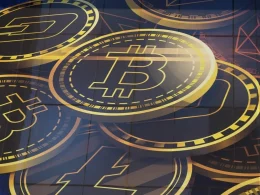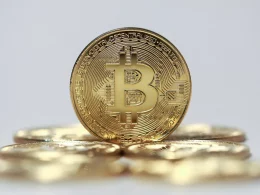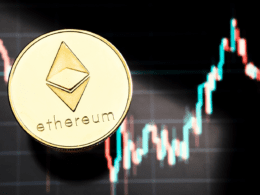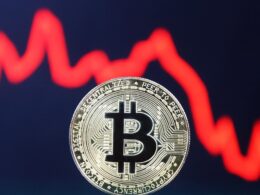Today, March 13, the Ethereum blockchain is scheduled to undergo a major update codenamed Dencun. This comprehensive upgrade will speed up the work of second-level networks such as Arbitrum, Optimism, Polygon, and Base, ensuing a reduction in their transaction fees.
At present, the Ethereum blockchain is limited by low throughput and high user costs. The average transaction fee is currently at $2.3, which is considerably higher than other networks, potentially triggering an exodus of users. This problem will be mitigated through transactions containing large binary objects (BLOBs) that only include a hash link. Unlike blocks, they are not always stored in the blockchain but are available only for a short period of time, and their space is cheaper than block space. These transactions will carry these objects attached to blocks, enabling an increase in the volume of transmitted information while maintaining speed.
Speculations Regarding Fees Reduction
There is no precise information on how much Dencun will reduce transaction fees for users of Ethereum’s second-level networks. While some experts predict a decrease by 10-20 times, others expect a reduction by up to 100 times. There are also speculations that fees will eventually rise, but no time frame has been given. The increased number of transactions processed per second will facilitate broader application of artificial intelligence in games and blockchain-based services. It will also enable the implementation of complex AI-based strategies in the realm of decentralized finance.
Promising Prospects for Ethereum
With the Dencun update, the Ethereum blockchain is likely to witness an increase in the number of second-level networks with minimal costs, consequently attracting more users into the ecosystem. As a result, Ethereum stands a chance to outpace Bitcoin and other cryptocurrencies in terms of growth rate in 2024 and increase its share in the digital assets market.





